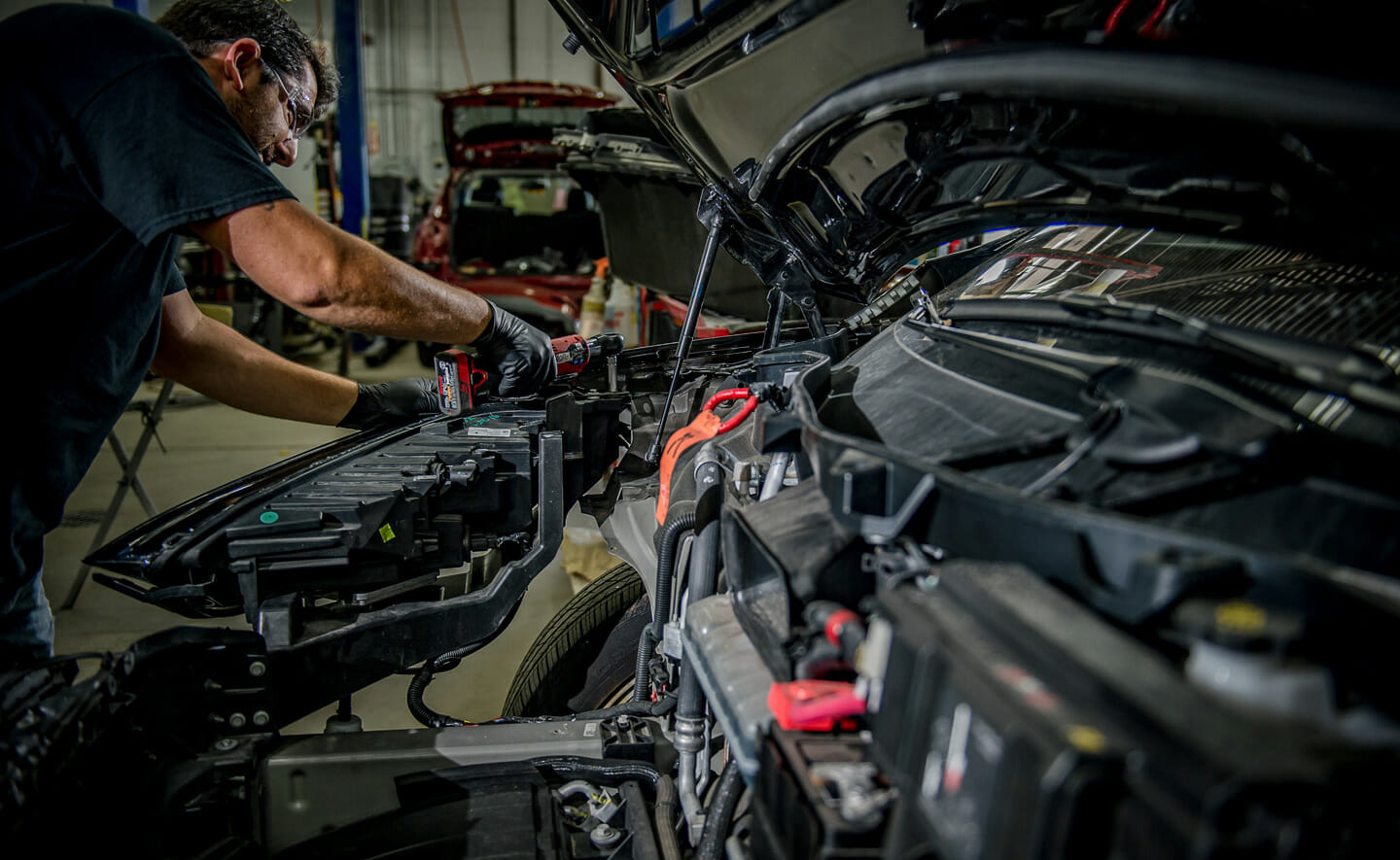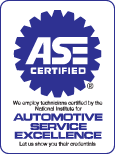
EV & Hybrid vehicles
Electric motors have far fewer moving parts than internal combustion engines. This means electric cars often require far less maintenance (and can be cheaper to operate) than their gas-burning counterparts. Still, EVs require regular maintenance.
This includes familiar tasks such as rotating the tires, replacing various fluids, and changing out cabin air filters. There are also a number of EV-specific services that drivers of these battery-electric vehicles need to keep on top of.
- Battery Maintenance – The National Renewable Energy Laboratory of the United States predicts today’s EV batteries will have service lives between 12 and 15 years if used in moderate climates. This falls to between 8 and 12 years if regular use occurs in extreme environments.
Regardless, EV batteries require next-to-no maintenance throughout their service life. That said, there are a number of things drivers can do to extend the service life of their EV’s battery pack.
- Steer Clear of Extreme Temperatures – Extreme temperatures (both hot and cold) are Kryptonite to batteries. Automakers factor this into the development of their EVs, fitting them with the necessary auxiliary cooling and heating systems to help keep the temperature of the battery in acceptable levels.
- Don’t Plan to Use Fast Chargers All the Time – Despite their convenience in rapid recharging, fast chargers degrade battery packs at a quicker rate than slower 120- or 240-volt charging. However, just how much fast charging impacts battery life isn’t known precisely in these relatively early days of modern EVs. Of course, in a road-trip scenario fast charging is necessary and there’s no reason to avoid it. But buying an EV with the plan to use fast charging exclusively isn’t a great idea, both from a battery life and a cost perspective. Fast charging costs three- to four-times more per kilowatt-hour of energy than you pay at home, a price that can bring the fueling cost of EVs on par with gas-powered vehicles. For example, we found it’s possible to pay $100 to fast charge a Hummer EV from empty to full.
- Try Not to Fully Charge or Deplete the Battery – Batteries degrade more quickly when charged to full capacity or when depleted of all their energy. On the plus side, many manufacturers prevent full-capacity charging in order to assist in the battle against battery degradation. Most cars have settings to charge to a level less than 100 percent, and many automakers suggest charging to a level of 85- or 90-percent for daily use.
- Keep tires properly inflated – Properly inflated tires is one of the cheapest ways to manage your efficiency. Some studies show that one out of every four drivers is driving with one or more tires under-inflated. According to manufacturer’s recommendations, a tire under-inflated every 4 to 5 psi, (pounds per square inch), can increase your vehicle’s energy consumption by over 10 percent resulting in diminishing tire tread life.
- Get rid of unnecessary weight – Another efficiency preserver would include getting rid of unnecessary items in your vehicle, especially in your trunk. According to AutoZone, for every 200 pounds of weight in your vehicle represents an additional mile off your efficiency.
Conveniently located to serve you!
250 North Rose, Mt. Clemens (Directions)
(586) 463-8380
Open Monday through Friday 7 AM - 6 PM



